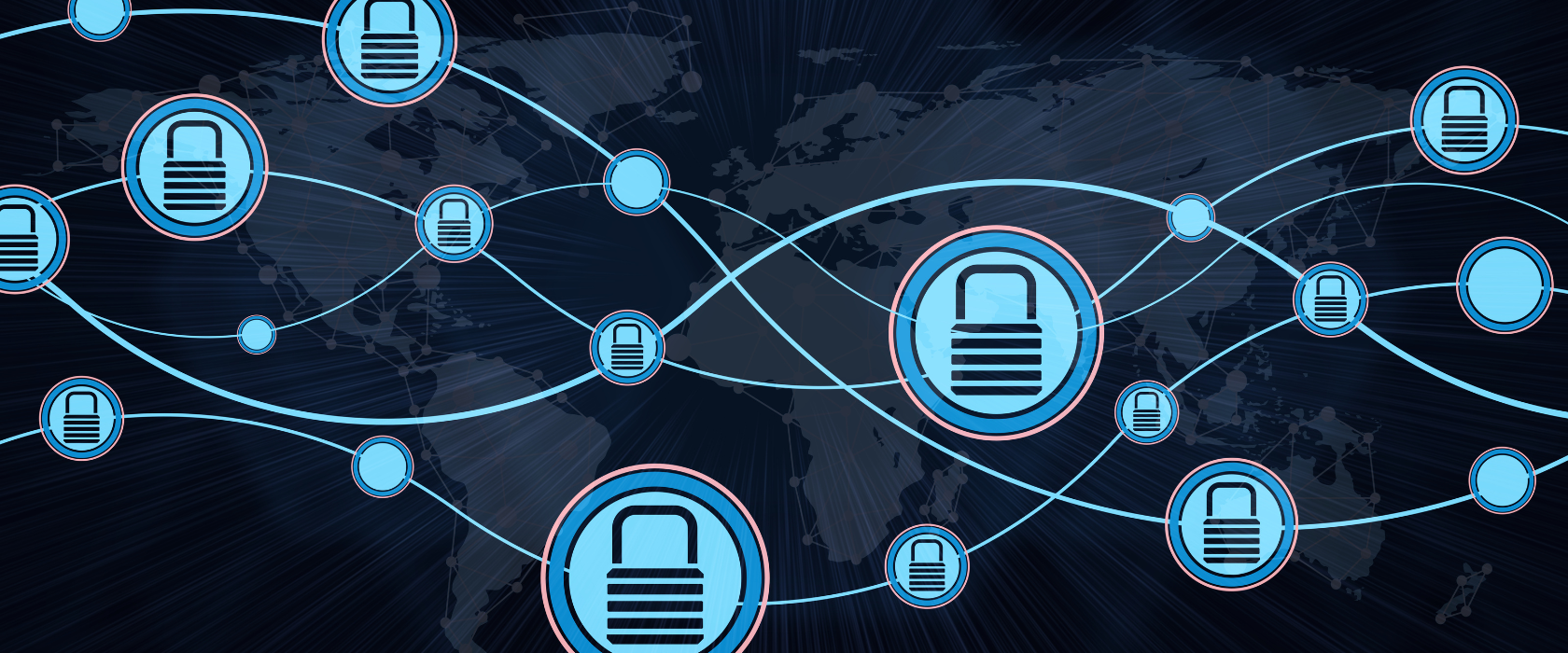By Rachel Murray | Customer Service Representative | Deshler Branch
What They Are and How to Protect Yourself
Financial friendship scams have become one of the most popular scams fraudsters are using to receive money from our clients. These scams manipulate the trust and emotional connection within friendships, which results in significant financial losses and emotional distress for the victims. Understanding how these scams work and knowing the signs can help protect yourself and your loved ones.
What Are Financial Friendship Scams?
Financial friendship scams involve a scammer gaining an individual’s trust through the disguise of friendship. This relationship can be built over days, weeks, or even months, making it difficult for the victim to realize the deceit. The scammer may pose as an old friend, new acquaintance, or use a fake identity on social media platforms and dating sites.
Once trust is established, the scammer typically prepares a convincing story to obtain money from the victim. Common scenarios include needing money for medical emergencies, legal troubles, business opportunities, or even claiming they need help to travel to meet the victim in person.
How Financial Friendship Scams Work
The scammer initiates contact, often through social media, dating apps, or email. They might use a fake profile with photos and details that appear genuine. Once the scammer invests time in developing a relationship, they communicate regularly, share personal stories, and sometimes send small gifts or do favors to create a sense of friendship. They work on creating an emotional bond, making the victim feel valued and understood. This can be effective with individuals who are lonely or seeking companionship.
Once a strong bond is formed, the scammer presents a financial need. This could be framed as a temporary loan, an investment opportunity, or help in a desperate situation. The scammer’s request is often urgent and convincing. If the victim provides money, the scammer might continue to ask for more, using various excuses. They may also create elaborate lies to explain why they cannot repay the money immediately.
Warning Signs of Financial Friendship Scams
- Rapid Progression: The friendship or relationship progresses unusually fast, with the scammer expressing strong emotions early on.
- Inconsistencies: There are inconsistencies in their stories or unwillingness to share details about their life that can be verified.
- Urgent Requests: Sudden, urgent requests for money, especially if the reasons are dramatic and evoke sympathy.
- Secrecy: The scammer encourages you to keep the relationship or the financial transactions a secret.
- Unable to Meet in Person: The scammer always has excuses for why they can’t meet in person or have a video call.
“In this thrilling era in which we live, with all its new technology, it is more important than ever to protect ourselves and those closest to us from scams and fraud. While technology can be exciting and useful, it can also provide an avenue for scammers to take advantage of people for financial gain. For that reason, it is imperative that we highlight new scams that we are seeing so that our customers can recognize the signs that they may have become the target of a scam. One new scam that we are seeing is called a Financial Friendship Scam, which has become more prevalent in recent years.”
Protecting Yourself from Financial Friendship Scams
Here are a few tips to protect yourself from this scam:
- Verify Identities: Be cautious of new online friends who request money. Verify their identity before considering any financial transactions.
- Be Skeptical of Sob Stories: While it’s natural to want to help a friend, always be skeptical of dramatic stories that require urgent financial assistance.
- Do Not Share Personal Information: Avoid sharing too much personal information with someone you’ve only met online. This includes financial details, addresses, and other sensitive information.
- Seek Advice: If you receive a financial request from a friend, talk to someone you trust about the situation. An outside perspective can help you see things more clearly.
- Report Suspicious Activity: If you suspect you’re being targeted by a scammer, report their profile to the platform you’re using and consider contacting authorities.
What to Do If You’ve Been Scammed
If you believe you’ve fallen victim to a financial friendship scam, it’s important to act quickly:
- Stop All Communication: Cease all communication with the scammer immediately.
- Document Everything: Keep records of all communications and transactions. This can be crucial for investigations.
- Report the Scam: Report the scam to the relevant authorities and online platforms. In the U.S., you can contact the Federal Trade Commission (FTC) or the Internet Crime Complaint Center (IC3). Contact your bank and let them know about the situation.
- Monitor Financial Accounts: Watch your accounts and consider a credit freeze to prevent further unauthorized activity.
Financial friendship scams are a sobering reminder that even our closest relationships can be abused by those with malicious intent. By staying aware, verifying identities, and being cautious, you can protect yourself and your loved ones from falling for these deceptive schemes. Remember, true friends will never put you in a position where you feel pressured to compromise your financial security.

